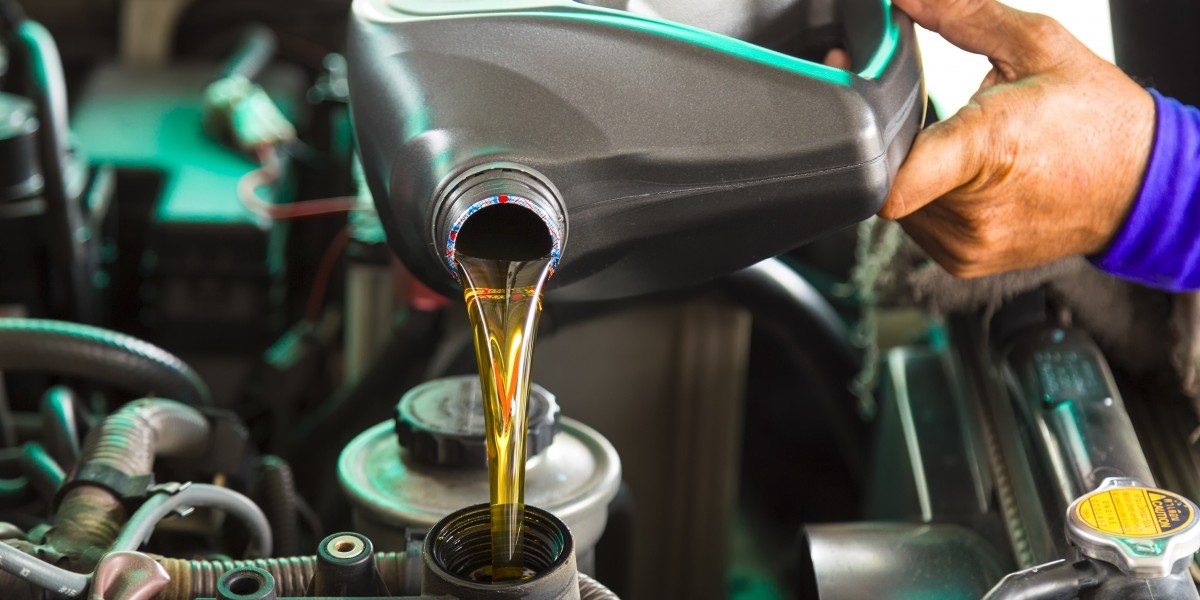
Vehicles burn fuel when they’re running, that’s a clear fact that can’t be avoided; that is until electric vehicles are able to replace gas-fueled vehicles. However, there are ways to make the fuel that is being used in your fleet of vehicles more efficient, whether it’s with certain driving habits or with a diesel fuel additive. Anyone driving a diesel vehicle has probably heard some controversy surrounding fuel additives — do they really work? Is it worth the money?
If you’re considering trying a diesel fuel additive for your fleet, there are a few things to know.
What Are Fuel Additives?
There are several types of fuel additives, and different types are used for different purposes. Overall, fuel additives are solutions that help a vehicle improve performance and efficiency.
Here are the most common types of fuel additives and their purpose:
 Gasoline Stabilizers
Gasoline Stabilizers
Fuel is constantly being exposed to elements that can degrade the quality of the fuel. These elements can cause oxidation and even the formation of resins that can build up and cause damage to the engine and other parts of the vehicle. Gasoline stabilizers prevent oxidation from occurring.
 Fuel-Line Antifreeze
Fuel-Line Antifreeze
These fuel additives are especially important in colder climates where fuel could freeze. Antifreeze lowers the freezing point of diesel fuel. The downside of these solutions is that it could dry out gaskets, injector o-rings, and other fuel components.
 Octane Boosters
Octane Boosters
As the name suggests, this product is designed to raise the octane level of your fuel, allowing it to generate more power and burn the fuel more efficiently.
 Fuel Injector Cleaner
Fuel Injector Cleaner
This product is an answer to the downside that can come with adding fuel injectors to fuel. Fuel injectors can provide better performance and efficiency, but can also leave behind carbon deposits inside the engine. Fuel injector cleaners work to dissolve the deposits and washes away any residue.
 Upper Cylinder Lubricants
Upper Cylinder Lubricants
This additive was meant to help lubricate the parts that it comes in contact with. However, they can increase carbon formation and cause issues with the exhaust system. For diesel engines that run with fuels that may need additional lubrication, this type of fuel additive can be beneficial.
 Diesel Exhaust Fluid
Diesel Exhaust Fluid
This solution is actually injected into the exhaust stream and is designed to reduce nitrogen oxide emissions from diesel engines, while also increasing efficiency.
 Anti-Gelling Additives
Anti-Gelling Additives
Diesel fuel can eventually begin to gel, which causes the fuel to flow slower than normal. The temperature needs to increase to loosen the consistency of the fuel, or an anti-gelling additive can be used.
Should You Use a Fuel Additive?
There is no straightforward answer to this as it depends on the type of vehicle you’re driving, the climate you live in, what issue you’re facing, and what your desired outcome is. The Environmental Protection Agency (EPA), requires that fuel contain a certain amount of deposit-control additives, but which type of additive will vary depending on your needs.
At OilWorks, we offer IntegriBOOST, a diesel fuel additive that will help your engine burn more fuel that is being injected. This will help increase efficiency and produce fewer emissions. OilWorks also offers bulk lubricant delivery, on-site fueling, and more. Whatever your fuel or lubricant needs are, you can count on the team at OilWorks to provide reliable services. Contact us today to learn more.

